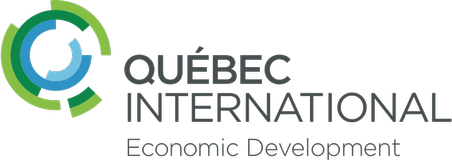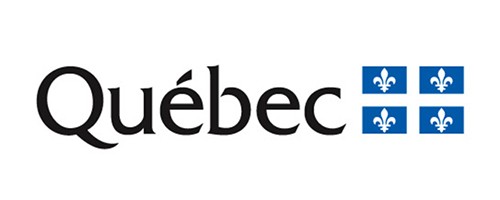The original article (in French only): La Presse +
What is genomics?
In every living being, thousands of molecular building blocks of DNA are arranged in a unique sequence known as its genome. Genomics involves the sequencing of the genome, which makes it possible to identify, name and compare organisms and, in the case of pathogens, to develop means of detecting them quickly in order to combat them.
From Québec city to Montréal and Boston
Born in 1943 in Québec City, Michel G. Bergeron completed his medical studies at Laval University in 1968. He continued his career at McGill University and later at the Tufts New England Medical Center, where he did a postdoctoral fellowship with Professor Louis Weinstein, one of the first to use penicillin during the Second World War. It was here that he decided to dedicate his life to fighting infectious diseases.
Infectious diseases: A first in Canada
When Dr. Bergeron returned to Canada in 1974, infectious disease did not exist as a medical specialty in Canada. He and his colleagues founded the Canadian Infectious Disease Society, of which he later became president. He established clinical services for adults at the Laval University Hospital Centre (CHUL) and Laval Hospital. He began his research in a small laboratory that later became the Infectious Disease Research Centre (CRI).
Antibiotics and resistance
Dr. Bergeron was involved in the development of some 20 antibiotics. However, he soon realized that many microbes were rapidly producing enzymes capable of destroying antibiotics. This was happening for a reason: medications were being overused by doctors because diagnostic tests were too slow. “It often takes two or three days for doctors to receive microbial test results,” says Bergeron. A faster diagnosis would change everything.
The first rapid tests
For 10 years, in collaboration with Paul H. Roy and Marc Ouellette, Bergeron studied DNA sequences with a view to developing molecular diagnostic tests. “DNA is the fingerprint of every living being, and it seemed to me to be the key to distinguishing one microbe from another,” Bergeron explains. His team became the first in the world to successfully complete a diagnosis in less than an hour.
In July 2000, the New England Journal of Medicine published the trio’s study on group B Streptococcus, a bacterium that occurs naturally in 30% of women. During childbirth, this bacterium can be transmitted to the child and may cause deafness, blood infections, meningitis and sometimes even death. “Our test allows you to take a sample while the mother is in labour, analyze it in the lab and report the results within an hour,” the doctor explains. “If the bacterium is present, penicillin is administered to neutralize it and prevent complications from an infection.”
A total of 11 similar rapid tests have been developed, manufactured and marketed worldwide, including tests to recognize MRSA, C. difficile and COVID-19.
Two Quebec flagship biotech companies
Dr. Bergeron’s expertise enabled him to secure $28.2 million in funding through Génome Québec and Genome Canada. This recognition served as a springboard for the founding of two companies that laid the foundation for a unique technology cluster in Québec City.
In 1995, he created IDI, which Becton Dickinson (BD) acquired in 2006 for $300 million. The U.S. company invested an additional $100 million in infrastructure and created 300 high-quality jobs in Québec City.
“Dr. Bergeron is a scientific leader and visionary who whose work has propelled made-in-Quebec innovations to global prominence. He laid the groundwork for real-time PCR testing that has led to very rapid innovations in this area. This technology has contributed to the fight against the pandemic by enabling rapid molecular testing for COVID-19, leading to the expansion of production capacity and output at BD’s Québec City plant. ”
“Dr. Bergeron’s reputation and influence in the life sciences sector have attracted innovative health sciences companies from around the world. Using his technology, the BD plant in Québec City has made its own innovative contributions to advance health care and enable results that can be acted on more quickly for better patient outcomes. ” — Ivy Parks, President, BD-Canada
In 2007, Dr. Bergeron founded a second company, GenePOC, whose Revogene apparatus enables rapid molecular diagnostics at the patient’s bedside. In 2019, Meridian Bioscience acquired the venture for $165 million and increased staff from 70 to over 100 employees. In 2020, the company invested an additional $70 million into GenePOC, then announced the construction of a second plant to double production capacity, at a cost of $10 million.
Recognizing the outstanding
Québec City now boasts an attractive core pool of expertise and a world-class biotech industry. The Québec Metro High Tech Park is considered a major centre for molecular diagnostics. For his innovations, discoveries and entrepreneurial acumen, the entire province is grateful to Dr. Michel G. Bergeron. May he continue to share his passion and knowledge for a long time to come.



